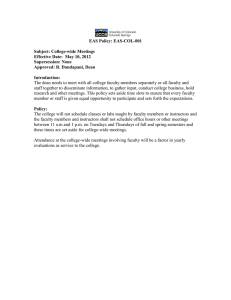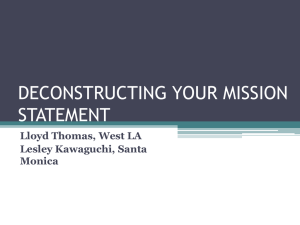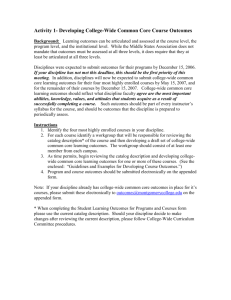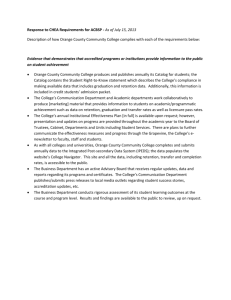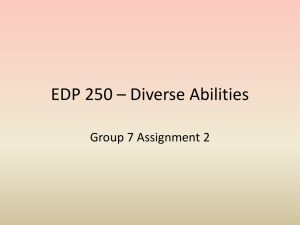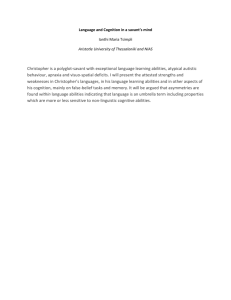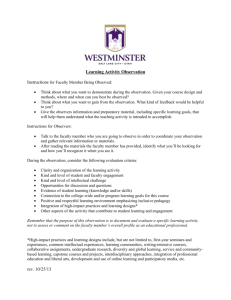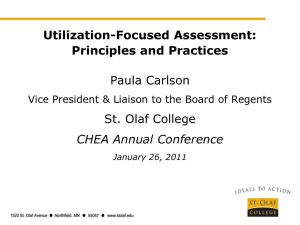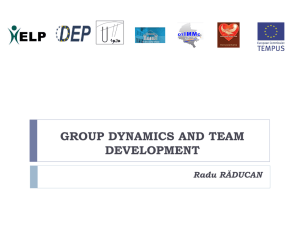Outcomes Assessment Alignment Project Update
advertisement
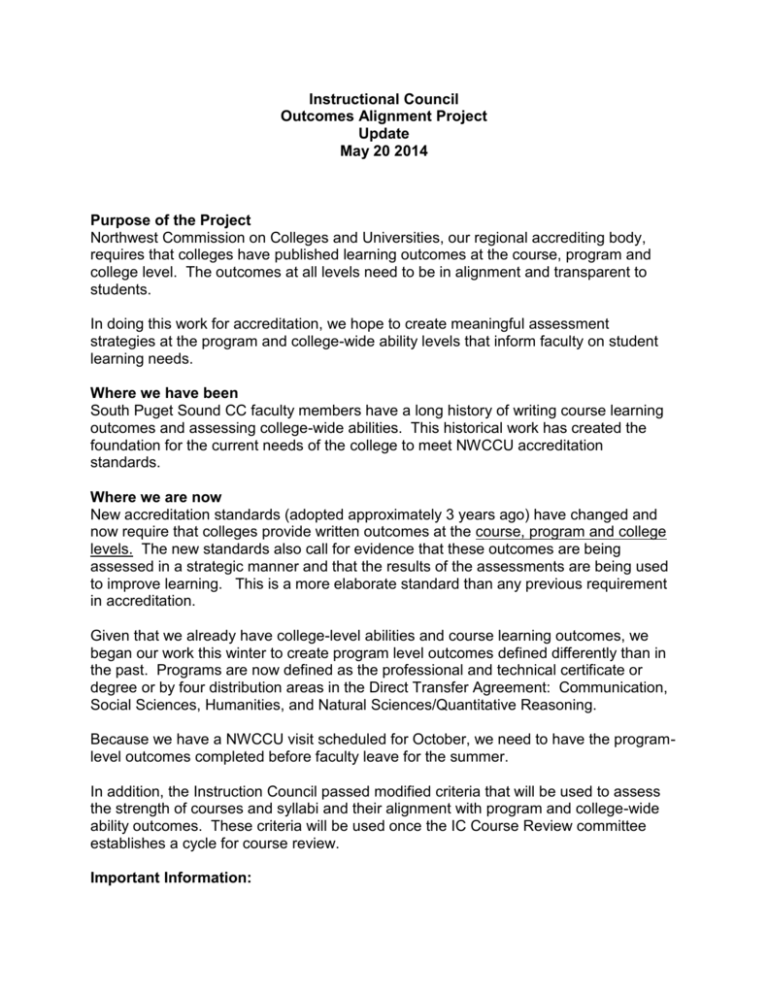
Instructional Council Outcomes Alignment Project Update May 20 2014 Purpose of the Project Northwest Commission on Colleges and Universities, our regional accrediting body, requires that colleges have published learning outcomes at the course, program and college level. The outcomes at all levels need to be in alignment and transparent to students. In doing this work for accreditation, we hope to create meaningful assessment strategies at the program and college-wide ability levels that inform faculty on student learning needs. Where we have been South Puget Sound CC faculty members have a long history of writing course learning outcomes and assessing college-wide abilities. This historical work has created the foundation for the current needs of the college to meet NWCCU accreditation standards. Where we are now New accreditation standards (adopted approximately 3 years ago) have changed and now require that colleges provide written outcomes at the course, program and college levels. The new standards also call for evidence that these outcomes are being assessed in a strategic manner and that the results of the assessments are being used to improve learning. This is a more elaborate standard than any previous requirement in accreditation. Given that we already have college-level abilities and course learning outcomes, we began our work this winter to create program level outcomes defined differently than in the past. Programs are now defined as the professional and technical certificate or degree or by four distribution areas in the Direct Transfer Agreement: Communication, Social Sciences, Humanities, and Natural Sciences/Quantitative Reasoning. Because we have a NWCCU visit scheduled for October, we need to have the programlevel outcomes completed before faculty leave for the summer. In addition, the Instruction Council passed modified criteria that will be used to assess the strength of courses and syllabi and their alignment with program and college-wide ability outcomes. These criteria will be used once the IC Course Review committee establishes a cycle for course review. Important Information: Individual courses do not need to include 5 college-wide abilities. Decisions have not been made about how program outcomes and college-wide abilities will be assessed. There is a great deal of flexibility in ways to assess learning at the program and college-wide ability levels. o As a hypothetical-- programs may assess their outcomes through a collection of student work. They may only be required to assess the strongest college-abilities (maybe 2 per program) associated with their program. Program outcomes should incorporate all five abilities in ways that are appropriate to the program. Program outcomes do not need to address all suboutcomes associated with each college wide ability and do not need address every college-wide ability at level 4 in the rubrics. o For example, the Natural Science/Quantitative Reasoning program area may address most, if not all, sub-outcomes to the critical thinking and computation college-wide abilities in their program outcomes. And they may seek to help student reach level 3 or 4 on the rubrics in those areas. However, Natural Science/Quantitative Reasoning may only address one or two sub-outcomes associated with Ethics, Multicultural Awareness and Communication in their program outcomes and help students reach levels 2 in those areas. What is left to do? The IC Course Review committee will establish a cycle for course review. The committee will provide a proposed cycle no later than November 1, 2014 to be vetted to the faculty. The review cycle will be adopted by IC no later than February 1, 2015. Faculty involved in the first cycle of course reviews will have at least one quarter’s notice to prepare for the review. The IC Program Review committee is working on a proposal (or multiple proposals) for processes that will be used to assess program outcomes and college-wide abilities. The processes that will be developed should be meaningful to faculty about student learning and provide evidence of student learning. The program review committee will have a proposal for assessing program outcomes and college-wide abilities no later than December 1, 2014 to be vetted to the faculty. The final document will be completed by mid-March 2015. Programs will be notified of the cycle for assessment in spring 2015. It is critical that faculty provide input and feedback as these proposals come forward. Your contacts will be your representatives on the Instructional Council.
